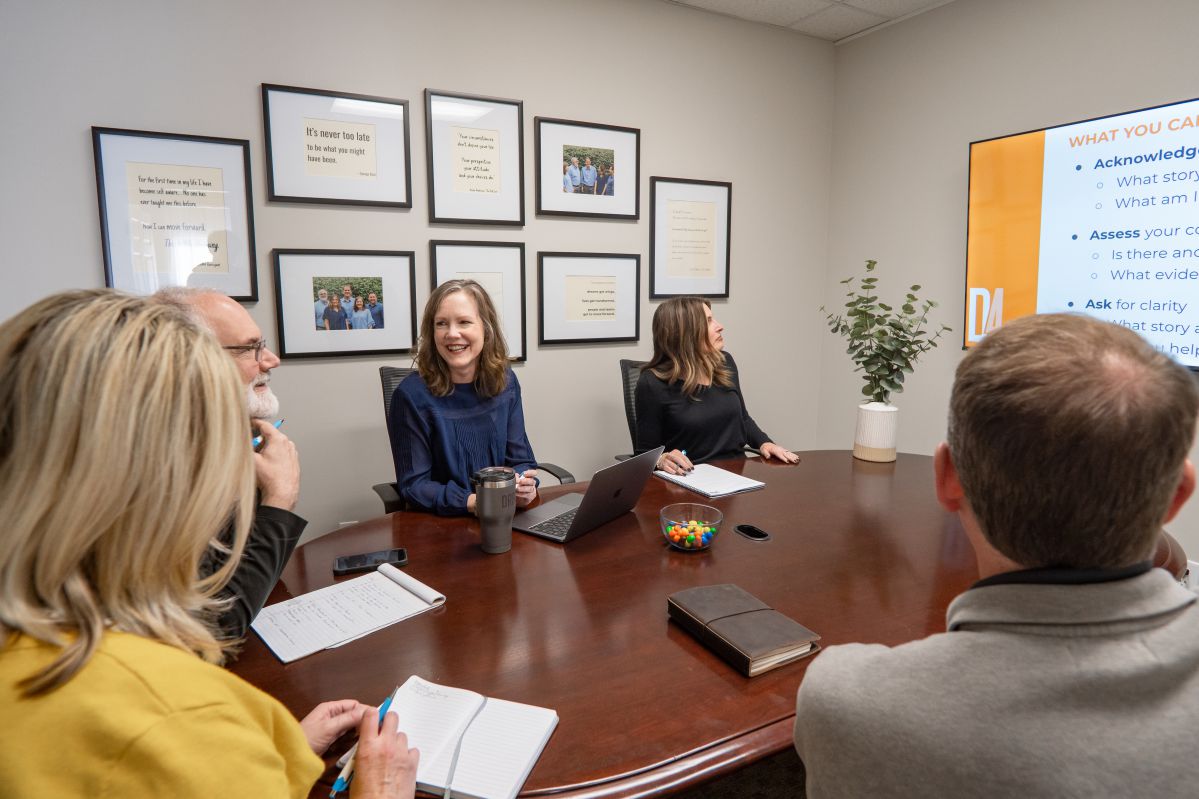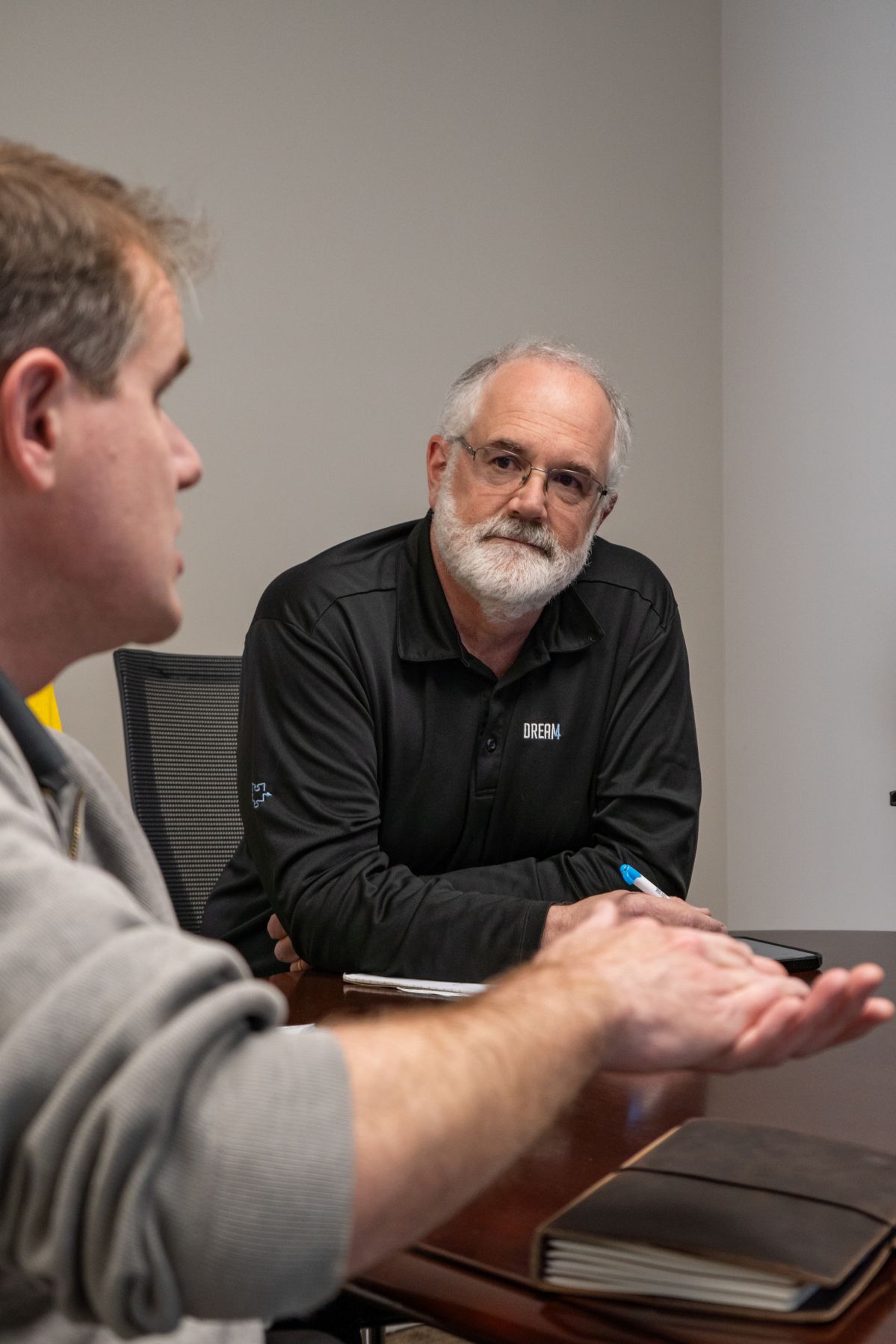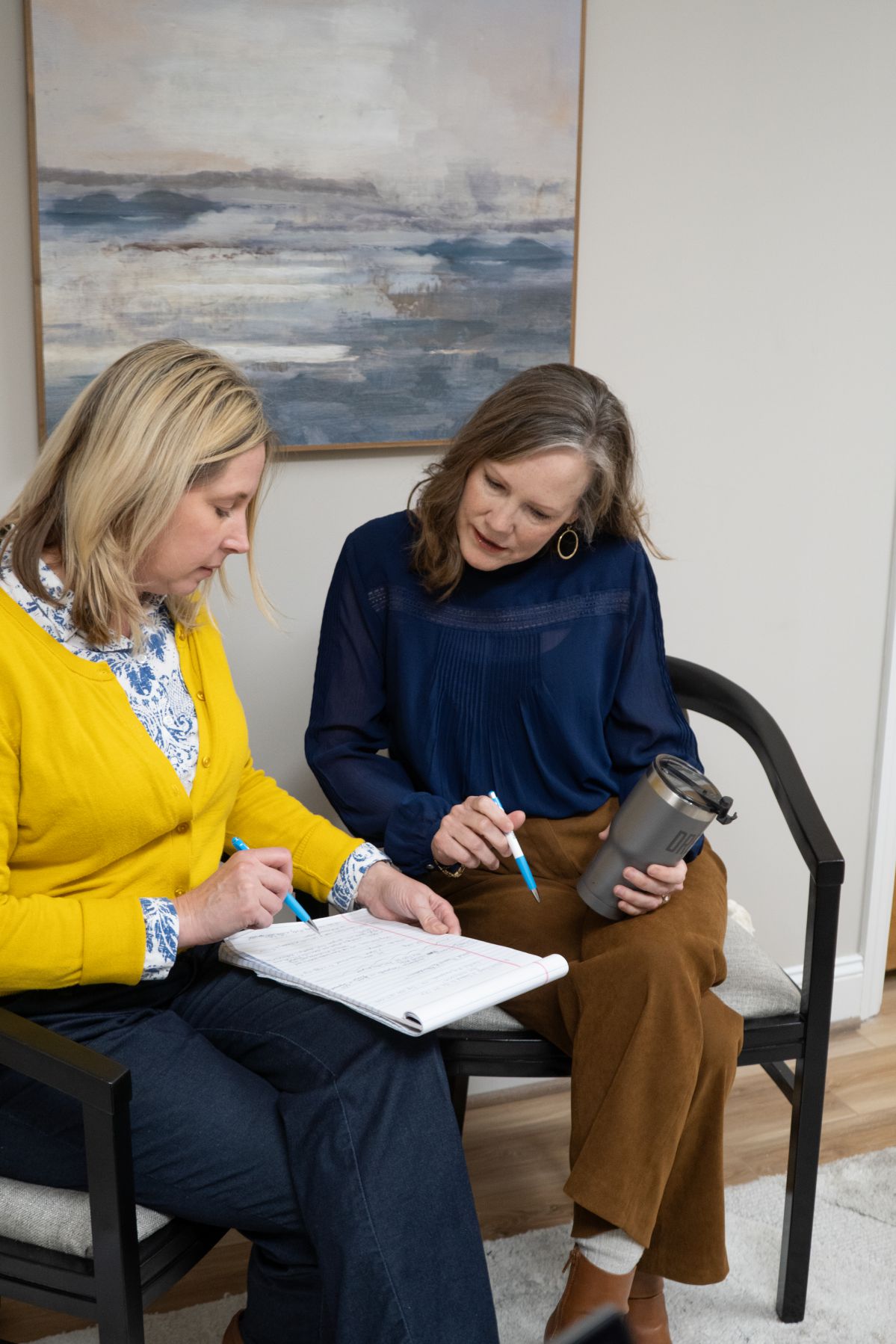A New View of Habits
When it comes to our behavior and our desire to change, we tend to swing back and forth. It seems like we are always somewhere along this spectrum:


We are always fluctuating between wanting to “start something good” and wanting to “stop something bad.” We are in this constant stage of instability for a couple of reasons:
- Changing our patterns of behavior is difficult.
- Our level of commitment or accountability to the desired change.
So, how do we develop the habits we want in our lives? First, let’s redefine how we perceive habits. The dictionary definition of habit is “a settled or regular tendency or practice, especially one that is hard to give up.” However, DREAM4 defines a habit as keeping a promise to yourself. The main difference in these two definitions is that our typical view of a habit is reactionary, passive, and outside of our control. The DREAM4 definition gives an internal locus of control to the habit – in other words, we have the CHOICE to determine our patterns of behavior. We simply have to want it, and then commit to it.
When we make promises to other people, we do everything we can to fulfill them and we feel guilty if we break those promises. However, we do not seem to mind breaking promises to ourselves. We rationalize and justify our actions. Developing a habit can be broken down into simple steps:
- Determine the pattern of behavior you want to create or end – CHOOSE A GOAL
- Determine what is needed to execute this goal – CHOOSE YOUR PLAN
- Determine how you are going to put this into action – CHOOSE TO DO THE WORK
If step number 1 is “making a promise,” then step number 3 is “keeping the promise.” If we want to be someone that is accountable to others, then we must be accountable to ourselves first. Incongruent living is exhausting. Breaking promises to ourselves is hurtful. Fluctuation along the spectrum above leaves us feeling unworthy.
The DREAM4 Maturity Model delves deeper into this pattern of thinking and behavior. And the DREAM4 Program provides guidance and accountability to put these ideals into practice. Reach out to us today to get off the swing and into the healthy habits you want today!




